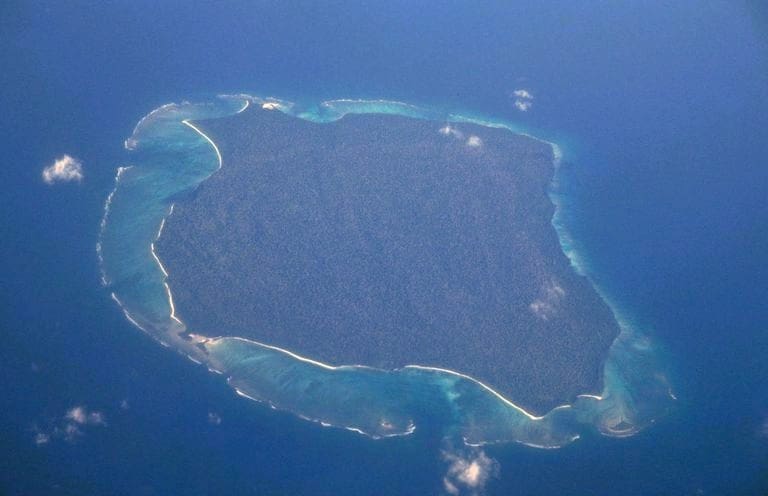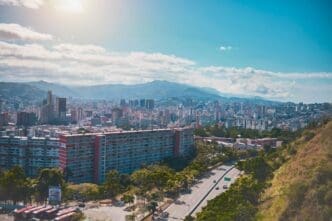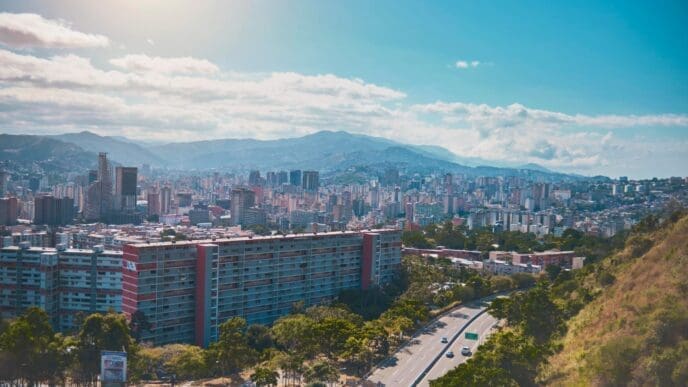Authorities in India have detained a 24-year-old American tourist after he allegedly attempted to reach the restricted North Sentinel Island in the Indian Ocean, aiming to contact the isolated Sentinelese tribe. The individual, identified as Mykhailo Viktorovych Polyakov, a YouTuber from Arizona, was apprehended following a boat trip on March 29. His actions reportedly included carrying a can of Diet Coke and a coconut as offerings, blowing a whistle to attract attention, recording video footage, and collecting sand samples before returning to Port Blair, the capital of the Andaman and Nicobar Islands.
Local fishermen observed Polyakov’s return and alerted the authorities, leading to his arrest. Officials stated that his actions posed a significant threat to the Sentinelese, a tribe protected by law to preserve their indigenous lifestyle. The contact with outsiders is strictly prohibited. Polyakov is facing charges related to violating laws that safeguard isolated tribes and is scheduled to appear in court on April 17. If convicted, he could face up to five years in prison and a fine. The US State Department acknowledged awareness of the situation but declined to comment further due to privacy concerns.
The North Sentinel Island is off-limits to visitors, with a ban on approaching within five kilometers. The Sentinelese have remained isolated for thousands of years. Past incidents include the death of a US missionary in 2018, who was reportedly killed and buried by the islanders, and two fishermen in 2006 who were killed after landing on the island by mistake. Indian authorities limit their interaction with the tribe to occasional gift-giving missions, leaving items such as coconuts and bananas, and monitor the surrounding waters to prevent unauthorized access.
Police investigations revealed that Polyakov had meticulously planned his journey, researching sea conditions and accessibility to the island. He had attempted to visit the island twice before, in October of the previous year and January, using an inflatable kayak.
Survival International, an organization dedicated to the rights of Indigenous peoples, criticized Polyakov’s actions as “reckless and idiotic,” emphasizing that his attempts endangered both his life and the lives of the Sentinelese tribe.
The Human Element Explored
- Polyakov’s actions highlight the ongoing challenges in protecting isolated tribes from external influences, emphasizing the importance of respecting indigenous cultures.
- For local authorities, this incident underscores the need for stringent enforcement of laws designed to safeguard vulnerable communities and their ways of life.
- The case serves as a reminder of the potential consequences of violating international and local regulations, which are designed to protect both travelers and indigenous peoples.
- Public awareness around the rights and protection of isolated tribes may increase, potentially fostering more responsible tourism and cultural sensitivity.
- The incident may prompt discussions on international cooperation in safeguarding indigenous communities and enforcing protective measures globally.














